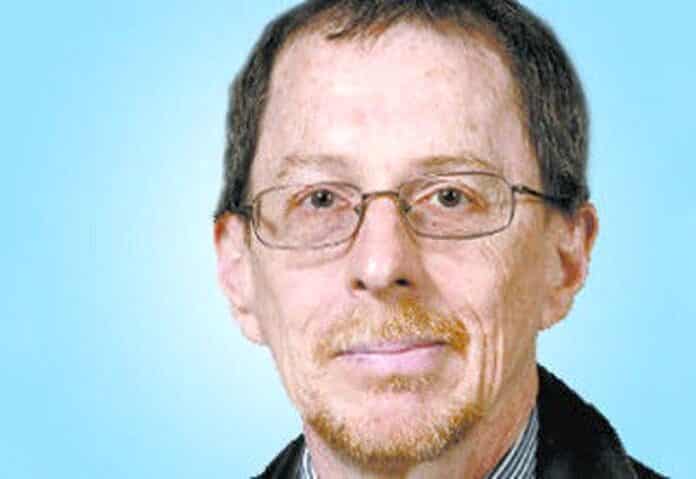One of the frustrating things about living in Indiana is that we frequently have little voice in the selection of presidential candidates.
Will we have one this year? If the Republican primary in 2016 is any guide, the answer is maybe.
Heading into Iowa that year, 11 candidates were still in the running. By the time they reached New Hampshire eight days later, the field had been narrowed to eight, and by Super Tuesday on March 1, it had been cut to five.
When the contest reached Indiana in early May, only three candidates were still standing. And two of them were looking a bit shaky.
Still, it was nice to be noticed.
For years, Indiana had been an after-thought in the selection of presidential nominees.
Lots of folks paid attention to the Iowa caucuses and the early primaries in February and March, but by the time Indiana rolled around in early May, the contest was all over but the shouting.
Then came 2008 when Barack Obama and Hillary Clinton were engaged in a heated battle for the Democratic Party’s presidential nomination. Obama had the lead, but Clinton still had at least an outside shot.
The two candidates and their surrogates crisscrossed the state, and suddenly Hoosiers were getting the attention usually reserved for voters in other states.
Indiana gave the nod to Clinton, and the battle raged on for a short while longer.
Eight years later, our state was in the spotlight again, this time with both parties’ nominations somewhat in doubt. Donald Trump and Hillary Clinton both seemed headed for victory, but their opponents had not yet given up hope.
For the Republicans, challengers Ted Cruz and John Kasich were hoping for a brokered convention. They talked of ganging up on Trump, with Cruz challenging him in Indiana and Kasich going after him in Oregon and New Mexico.
In the end, Indiana Republicans gave Trump 53% of the vote, and the contest was effectively over.
As they had eight years before, Indiana Democrats went for the underdog, handing a victory to Vermont Sen. Bernie Sanders with more than 52% of the vote.
Maybe Democratic primary voters just wanted to give folks in other late primary states a chance to cast a meaningful vote.
Now, for the third time in four presidential elections, Indiana might be poised to play a role in the selection of at least one party’s presidential nominee. Who will still be in the race? Well, let’s see.
Sanders might be there again, as might Joe Biden, the former vice president from Delaware. Sen. Elizabeth Warren of Massachusetts has a shot. And then, of course, there’s former New York Mayor Michael Bloomberg, who’s skipping the early contests in hopes of making a splash on Super Tuesday.
I have not yet settled on a favorite, but I like former South Bend Mayor Pete Buttigieg and Amy Klobuchar. Both have a moderate approach I think the country needs right now.
As for which of those might still be standing when the campaign reaches Indiana, I’ll pick Buttigieg. Klobuchar, the senator from Minnesota, is hoping for an upset in neighboring Iowa, but her recent poll numbers don’t look promising.
To be honest, I like the idea of a nominee younger than 70. Still, I’m not sure we’ll have a chance to vote for one. My guess is Biden and Warren will be the last two candidates still standing.
Keep in mind, though, I’m a lousy prognosticator. Four years ago, I said there was no way the Republicans would pick Donald Trump as their presidential nominee.
Kelly Hawes is a columnist for CNHI newspapers in Indiana.





